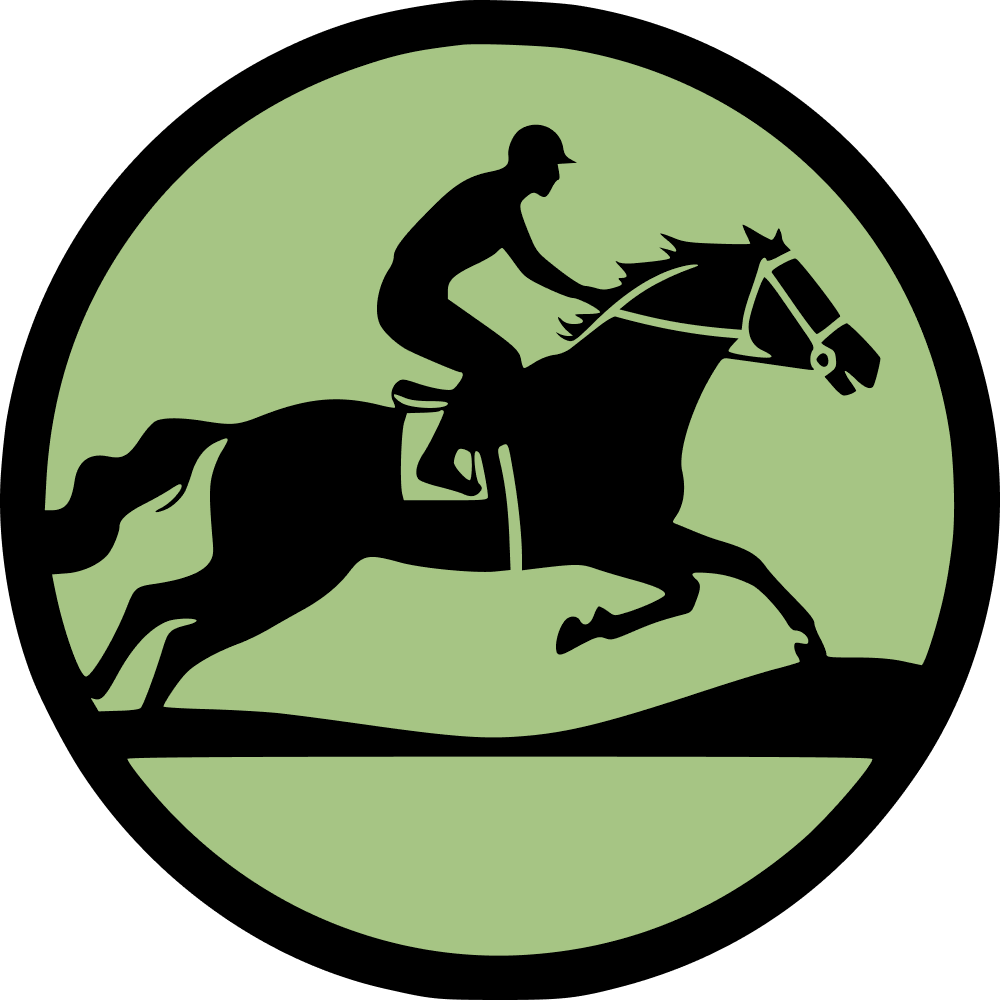Canadian horse breeders and trainers face unique challenges and opportunities, shaping a robust and diverse equine industry. From the seasoned strategies of top breeders in Alberta to the burgeoning market in Manitoba and the care of the iconic Canadian horse breeders, the Canadian equine landscape is rich and multifaceted.
Breeding Strategies of Top Canadian Farms
The past year posed unprecedented challenges for well-known breeders like Adrian Munro, David Anderson, Ivan Dalos, Mark Krembil, and R. J. Bennett. COVID-19-related disruptions led to auction cancellations and border closures, impacting the movement and breeding of horses. Despite these obstacles, these breeders have adapted and thrived.
Innovative Approaches
Adrian Munro of Highfield Stock Farm emphasizes the need for flexibility in breeding strategies. His farm faced logistical challenges and unexpected costs, prompting a shift in their breeding plans, including retiring older broodmares and introducing new bloodlines. David Anderson, a commercial breeder, highlights the importance of disciplined, informed decision-making and a focus on upgrading mare quality. Ivan Dalos targets a high-quality broodmare band with a stringent selection process based on the mare's quality and potential. Mark Krembil of Chiefswood Stables adheres to a classic breeding model, emphasizing strong female lines and strategic stallion selection. R. J. Bennett advocates patience and a clear idea of breeding goals, underscoring the importance of being prepared for triumphs and setbacks.
Canadian Horse Breed: Characteristics, Health, and Nutrition
A Heritage Breed
The Canadian horse, or Cheval Canadien, is a heritage breed from Quebec and the national horse of Canada. Known for its small stature and robust constitution, the Canadian horse has significantly influenced North American equine breeds. Originating from French stock in the 17th century, the breed has evolved to adapt to harsh Canadian environments.
Breed Characteristics
Canadian horses typically stand between 14 and 16 hands, known for their compact shapes, kind expressions, and solid feet. They excel in various disciplines, including jumping, dressage, trail riding, and driving. Their calm temperaments make them suitable for ride44rs of all levels, though their intelligence requires experienced handling.
Health and Nutrition
The breed is known for its hardiness and longevity, with few common genetic diseases. They require a balanced diet, primarily forage-based, supplemented with vitamins and minerals. Canadian horses are easy keepers, prioritizing weight management, especially for those prone to metabolic syndrome.
Conclusion: A Legacy of Excellence
The Canadian horse breeding and training landscape is marked by resilience, adaptability, and a commitment to excellence. Breeders like Munro, Anderson, Dalos, Krembil, and Bennett exemplify the dedication needed to overcome challenges and seize opportunities. Manitoba's thriving stallion scene and the meticulous care given to the Canadian horse breed further highlight the diversity and strength of Canada's equine industry. The combined efforts of these breeders and trainers uphold and enrich the legacy of Canadian horse breeding and training.

